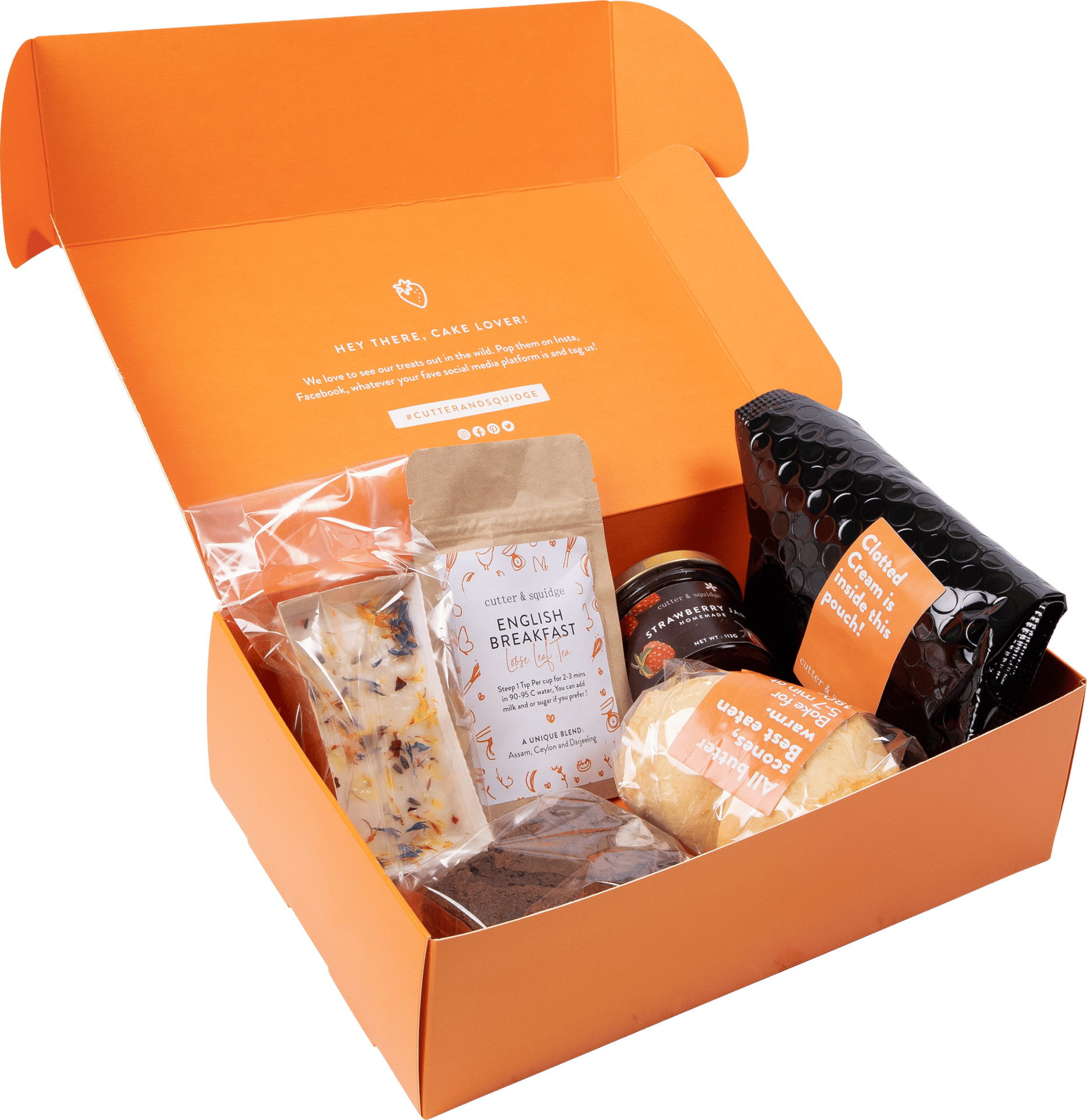
FLEXIBLE MATERIALS
The Future of Packaging is Flexible
Photo by Kirsty Plovie at Parkside
Despite the challenges often presented by flexible packaging in terms of consistent recycling channels, the format remains a preferred choice for brands, retailers and consumers alike.
By Paula Birch
According to research by intelligence firm Markets & Markets, the global flexible plastic packaging category is projected to grow from $160.8 billion in 2020 to $200.5 billion by 20251.
During the pandemic, several consumer trends emerged that have favoured the format, including the heightened demand for hygienic packaging designs.
Consumers continue to become more aware of single-use plastics, food waste and recycling, particularly with the rise of documentaries like Seaspiracy. This has led to many brands seeking new and innovative methods to meet consumer sustainability expectations and to capture market share.
In response, we have now seen over 250 brands, including the likes of Coca-Cola and Nestlé, pledge to make all packaging recyclable by 2025. Between this and the wealth of other environmentally focused initiatives across global markets, brands of every size in the packaging supply chain must look to adopt a holistic and more rounded view of sustainability in flexible packaging.
Even though general media tell consumers that plastic is the enemy, there is far more to the story, and trying to eliminate plastics in packaging is not the magic bullet solution it has been touted as. Packaging manufacturers have long been aware that there is no one-size-fits-all approach to packaging design, and consumer education is vital to creating a more balanced view of plastics and packaging in general.
Alongside the overarching theme of sustainability, why is flexible packaging continuing to boom in popularity?

London’s only natural bakery, Cutter & Squidge, relies on flexible packaging for its products.
Photo courtesy of Cutter & Squidge
Convenience
Consumers live fast-paced lifestyles, which has drastically shifted the way brands pack their products over the years. The need for consumption convenience is a critical factor that has contributed to the rise in popularity of flexible packaging because it's easy to store, easy to open and can possess the ability to reseal.
The lightweight properties of flexible packaging make it ideal for on-the-go consumption compared to rigid plastics or glass. Flexible packaging ensures product safety and quality when handled or dropped by using robust laminates.
For the pack designer, flexible packaging offers complete versatility being suitable for a wide range of product applications — from detergent to baby foods. The format also enables easy dispensing with built-in features, including caps, zips, easy-tear perforations and reclose designs.
Extended Shelf Life
One of the world's most significant environmental issues is food waste across supply chains, retailing and in the home. Flexible packaging can be designed with high-barrier materials and air-tight seals, ensuring gas and moisture ingress or egress can be avoided and can also be suitable for pasteurization and retort applications.
This extended freshness means less product is sent to landfills due to spoilage. In addition, the ability to reseal also reduces the consumer's reliance on secondary plastics, such as cling film, in the home.
Bird & Blend packages its tea in Earth-friendly flexible packs.
Photo by Steve Hallford at Parkside
Outstanding Design
Brand owners constantly seek ways to enhance their ranges to improve on-shelf differentiation. Flexible packaging substrates enable high-quality and impactful graphics to be printed with 100% and 360-degree branding, unlike other pack formats, which work well in vertical orientation to stand out on the shelf and are also highly ergonomic for the consumer.
In conclusion, flexible packaging enables products to stay fresher for longer — essential for consumers' on-the-go lifestyles, where shelf life is key. It is also easier to transport and use, offering consumers more convenience while keeping the contents fresh. The format's other advantages are numerous, and innovation in the format continues to drive the popularity of flexible packaging today and will do so in the future.
Parkside is a packaging solutions provider specializing in compostable, recyclable, paper-based and innovative plastic flexible packaging solutions for the food, personal and household care and tobacco sectors. Established over 40 years, the company is a global supplier with manufacturing sites in both the UK and Asia and is headquartered in Normanton, West Yorkshire. For more information on Parkside and its activities, please contact PHD Marketing Ltd. First Floor, Zucchi Suite, Nostell Business Estate, Wakefield, WF4 1AB. United Kingdom at hello@phdmarketing.co.uk.
August 2022 // flexpackmag.com